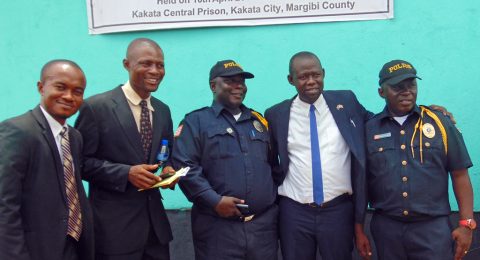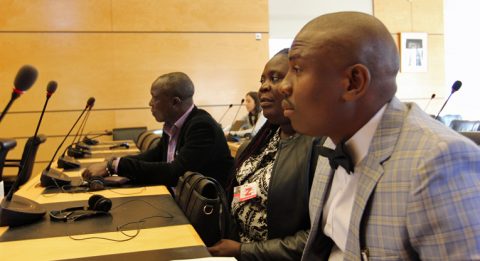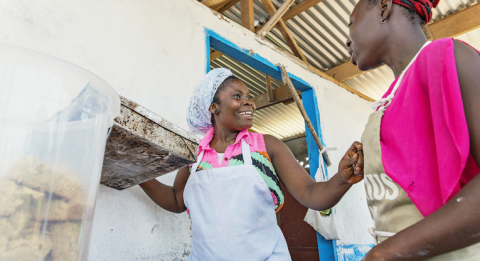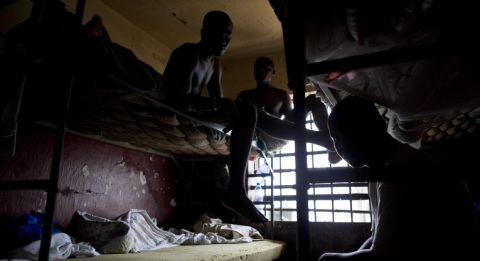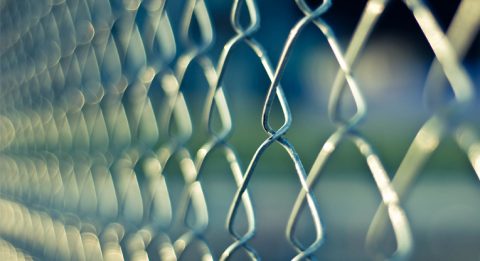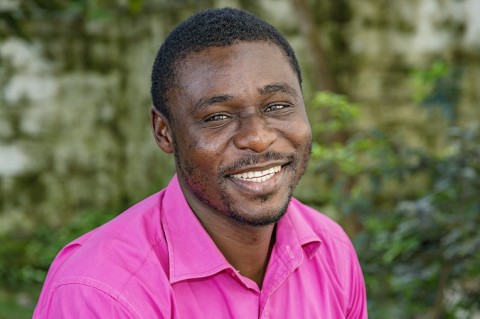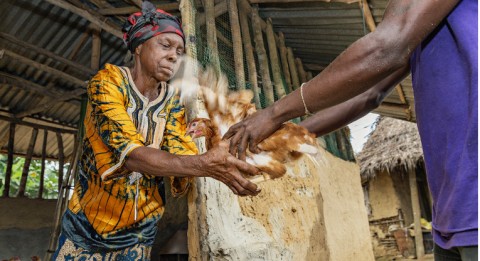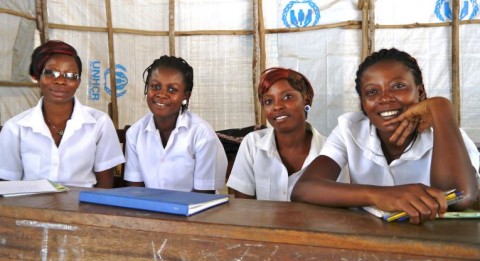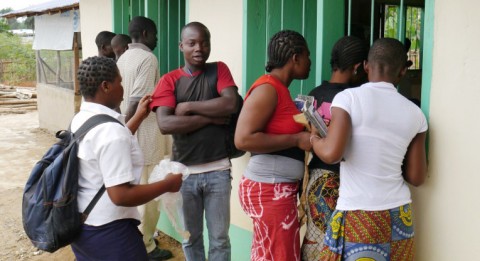Liberia
Finn Church Aid (FCA) has worked for years in Liberia, focusing on improving access to education and livelihoods and promoting peace.
For the moment, FCA’s work in Liberia is focused on improving prisoners’ rights with the support of EU-funding. FCA addresses some of the many challenges that are still faced within the justice system in Liberia. The objective is to protect detainees, whose rights are at risk of being violated through illegal arrests, prolonged detention, inhuman detention practices, sexual and gender-based violence and no access to legal counselling and representation.

Liberia
Population: 4.8 million
Capital: Monrovia
Currency: Liberian dollar
Languages: English 20 % (official), around 20 indigenous languages
Religions: Christians (86 %), Muslims (12 %), other
Boosting productivity of agriculture
FCA has supported an agricultural programme with the purpose of increasing food production and developing agriculture into a more productive source of livelihood. Poor families were assisted in producing eggs for both local and national markets.
The urban agriculture project also strives to introduce agriculture into an alternative source of income in the slums of the country’s capital Monrovia. FCA provides training for cultivating and selling fast-growing vegetables, with the aim of helping the poorest of the poor to improve their standard of living.
The rights of women and girls are key
FCA aims to improve the position of women by supporting the education of women and girls. We work to improve the income level of women and families by developing skills that women can utilise to obtain income. Education in basic reading skills and numeracy is provided to support egg production, small-scale farming, sewing and other skills.
In addition, FCA works with its partners to improve the position of women by increasing awareness of Liberian laws and women’s rights among communities and their leaders. We strive to promote women’s inheritance rights and the abolition of marriage practices that discriminate against women. The goal is for women to be involved in the development of communities equally with men.
